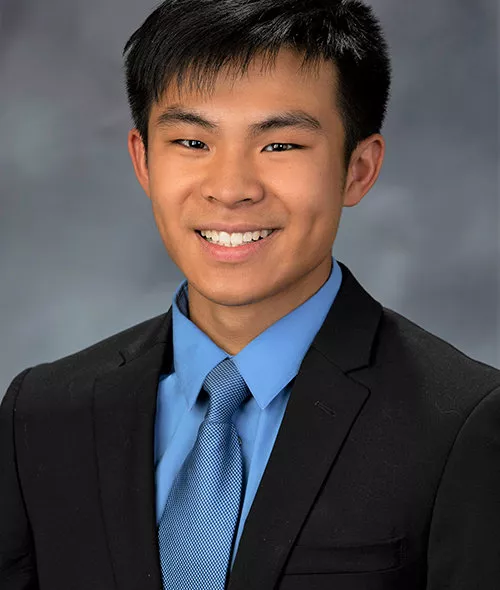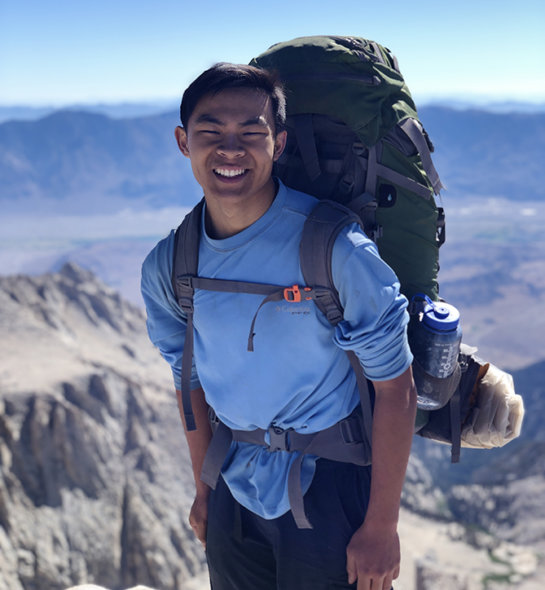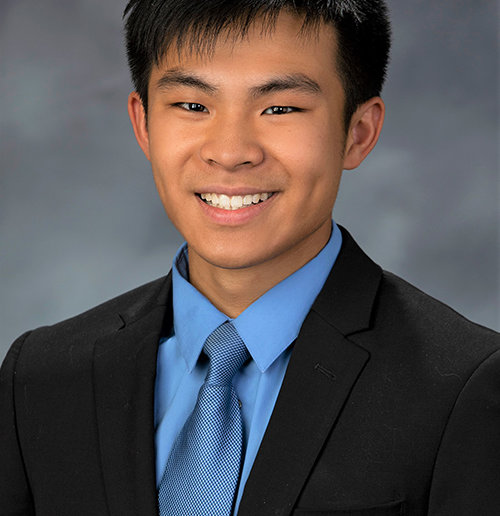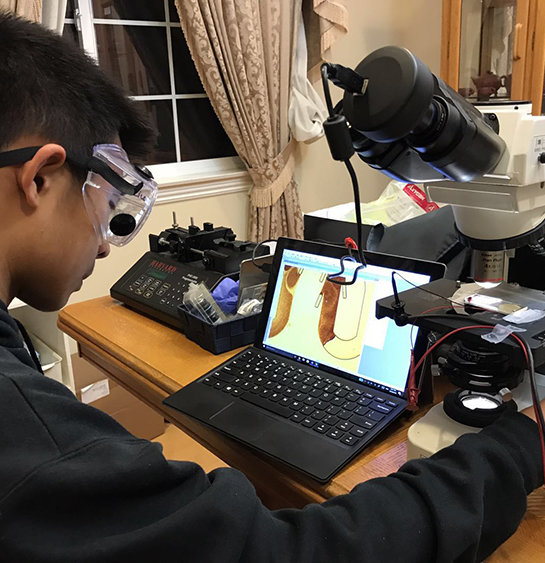Deeper Dive
In my project, I developed a handheld diagnostic device for quantitative fluorescent detection of HIV-1 antibodies from blood. The device costs <$2 to fabricate and has the potential to save thousands of lives in developing countries. I was originally inspired to pursue this project through reading about the Ebola epidemic in 2016. Hearing testimonies from health care workers and local villagers shed light on the horrors of pathogenic viruses. For many developing countries, infectious diseases such as Ebola and HIV are highly prevalent and lead to thousands of deaths every year. This is widely attributed to the inaccessibility of inexpensive and accurate diagnostic tests in areas with limited medical infrastructure and trained personnel. Through my project, I hope to develop a future generation of highly sensitive and inexpensive diagnostic devices to prevent future outbreaks.
During the initial stages of my project, I emailed 127 virology researchers in neighboring universities for mentorship and guidance on my project. After receiving dozens of rejection letters, Prof. Suraiya Rasheed at the Laboratory of Viral Oncology of the University of Southern California was the one researcher willing to mentor me. Throughout my project, she has been incredibly supportive and provided invaluable guidance in the face of experimental adversity. Even after improperly frozen samples invalidated days of data collection, Professor Rasheed always reminded me that setbacks were an essential part of being a researcher, and an opportunity to learn and grow from our mistakes. She inspires me every day to be a more resilient version of myself and I am so grateful to her for her unconditional belief over the past 3 years. I would also like to thank my AP chemistry teacher Mrs. Mynster, Honors U.S History teacher Ms. Leahy, favorite office secretary Ms. Rudolph, and principal Ms. Dillman for their unwavering support throughout my research journey.
The COVID-19 pandemic and the closure of my research laboratory limited my ability to continue collecting more data for my project. I instead focused on data analysis with the experimental data already collected before the pandemic and wrote a research paper to share my findings with the scientific community. After 28 versions of edits, I submitted the final version of the manuscript to Sensors & Actuators A: Physical, a peer-reviewed scientific journal. Our paper was finally published in the January issue of the journal.
My work on the development of a point-of-care HIV diagnostics device could help prevent the spread of future pandemics for many infectious diseases. This inexpensive, portable, and user-friendly device could be used within the homes of thousands or for all medical personnel in developing countries to mass test patients for the presence of target biomarkers. Combined with strict quarantining and contact tracking procedures, this device could prevent the spread of infectious diseases and save the lives.



